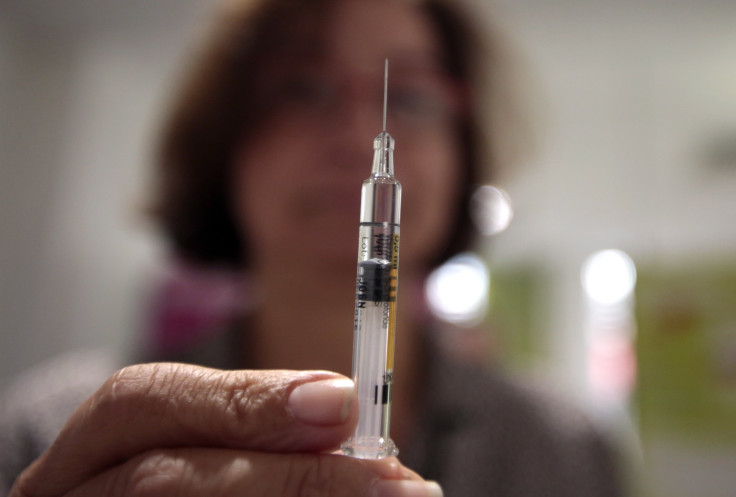
What started out as one of New Jersey’s most comprehensive proposed bans on religious exemptions for vaccinations fell through on Monday, when the bill failed to get enough votes from lawmakers in the Senate. Despite its collapse, proponents of the bill said they would try once again to reintroduce the legislation on Tuesday to win the support of key lawmakers.
On Thursday, the Senate amended the bill to place it on the fast track toward approval, allowing even non-vaccinated children to attend school. Despite that, Democrats who control the Senate were not able to get the 21 votes needed to pass the bill.
The bill, which would have eliminated religious beliefs as a valid exemption to vaccination, has drawn huge protests in recent months. While doctors and public health experts maintain that the bill is needed to prevent outbreaks and emphasize that vaccines are generally safe and effective, the bill has come under intense criticism from vaccine skeptics.
Originally, the bill would have encompassed all students enrolled in any school or college in New Jersey, public or private. This would have made it one of the most sweeping among the states that have voted to end religious exemptions to immunization. When the legislation was altered last week, however, it was amended to apply only to public schools. This change significantly raised new concerns even among lawmakers who were initially supportive of the bill.
Since the amendment, several lawmakers have expressed concern that exempting private schools from vaccinations would be like segregating poorer families from the wealthy. The compromise also did not help in quelling the anger of the hundreds of protesters who gathered at the courtyards outside the State House on Monday to stop the passage of the bill.
Most of the protesters cited religious, constitutional and medical reasons for their opposition. One of them, Sue Collins, founder of the New Jersey Coalition for Vaccine Choice, said the amended bill was unfair to parents who could not afford private school. “It just made a bad bill worse,” he said. “It permits the wealthy, once again, to buy themselves out of a law at the expense of the rest of us,” he added.
Another protester, Avi Schnall, also pointed out that the compromise might be worse than the original bill. “It sets a new standard: that we are only concerned about the health and well-being of the public school children,” he said.
Despite that, Schnall said he was gratified that the bill did not get enough support on Monday. “We are relieved that the majority of the state legislators were willing to be bold enough and strong enough to stand up for religious freedom,” he said.
Following the cancellation of the bill, sponsors vowed they would reintroduce the measure after the Garden State’s two-year legislative session expires, even if that means restarting the clock on the public hearing and voting process. “We’re ready to go to war over this,” said Senate President Stephen Sweeney. “We will pass this bill. This is about public health. It’s about protecting people,” he added.
© 2025 Latin Times. All rights reserved. Do not reproduce without permission.




